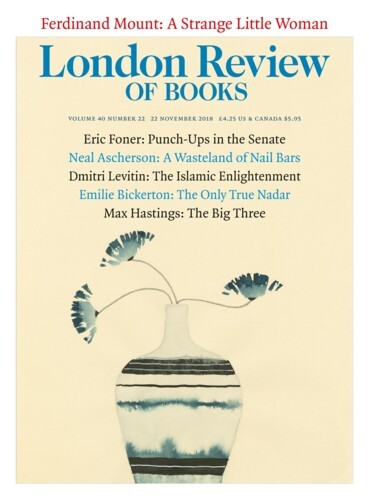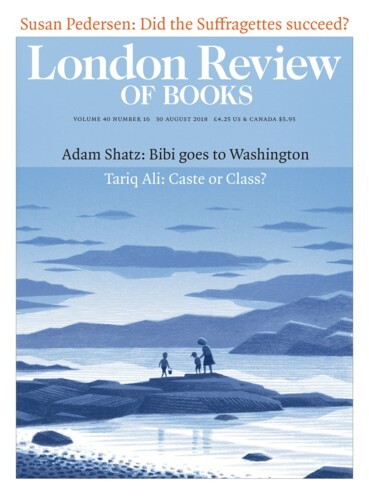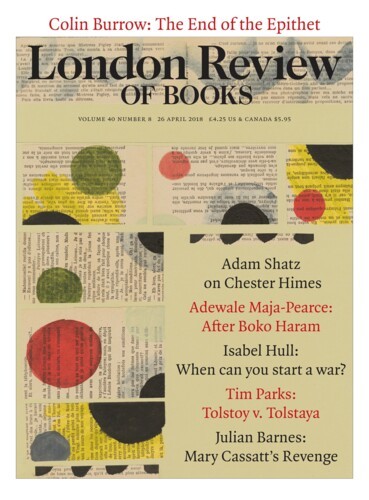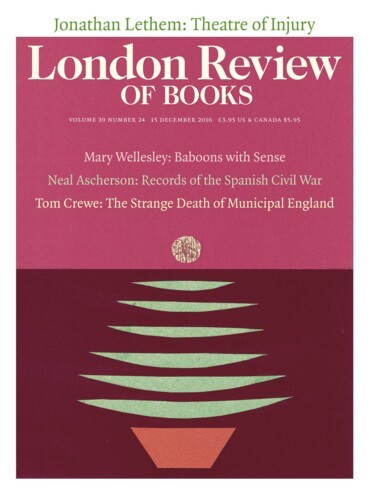In 1735, the Duke of Richmond was in search of a sloth bear. He took delivery of an animal but wasn’t happy with what had arrived. ‘I wish indeed it had been the Sloath that had been sent me, for that is the most curious animal I know, butt this is nothing butt a common black bear, which I do not know what to do with, for I have five of them already,’ he wrote to Hans Sloane, who had acted as his buying agent. ‘I beg you would tell him not to send me any Bears, Eagles, Leopards or Tygers, for I am overstock’d with them already.’
Menagerie: The History of Exotic Animals in England 1100-1837 by Caroline Grigson. In 1735, the Duke of Richmond was in search of a sloth bear. He took delivery of an animal but wasn’t happy with what had arrived. ‘I wish indeed it had been the Sloath that had been sent me, for that is the most curious animal I know, butt this is nothing butt a common black bear, which I do not know what to do with, for I have five of them already.’





